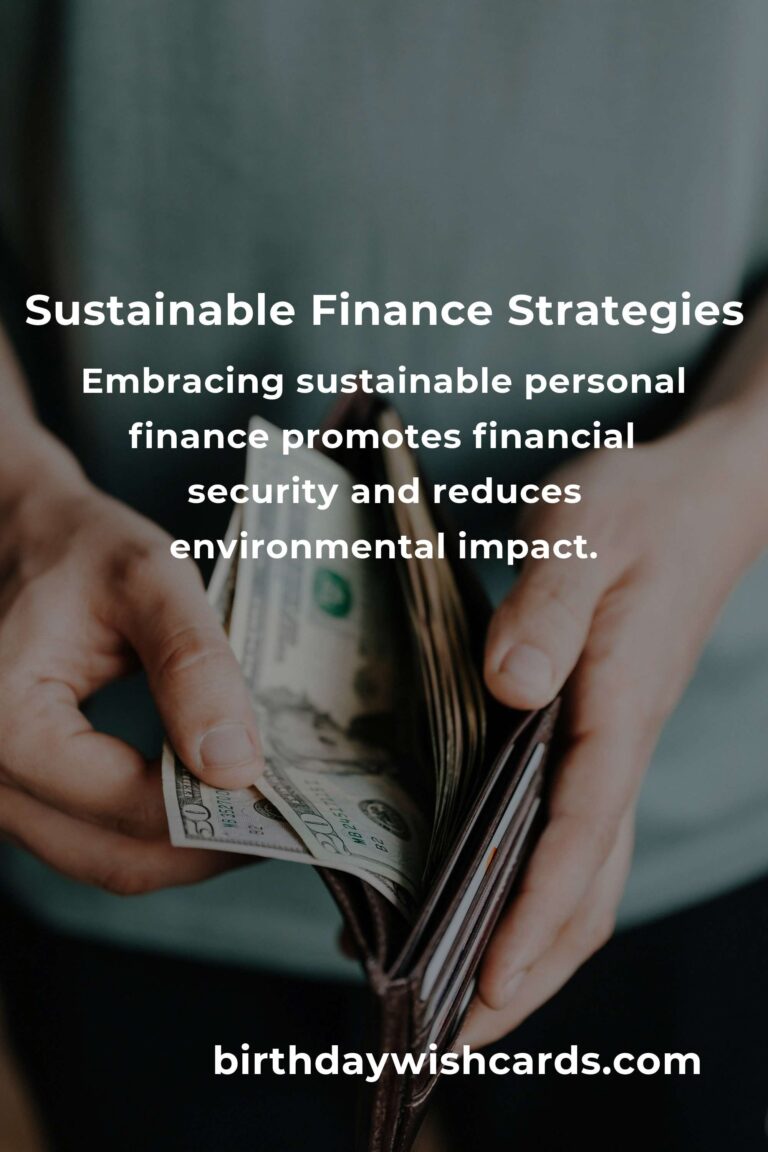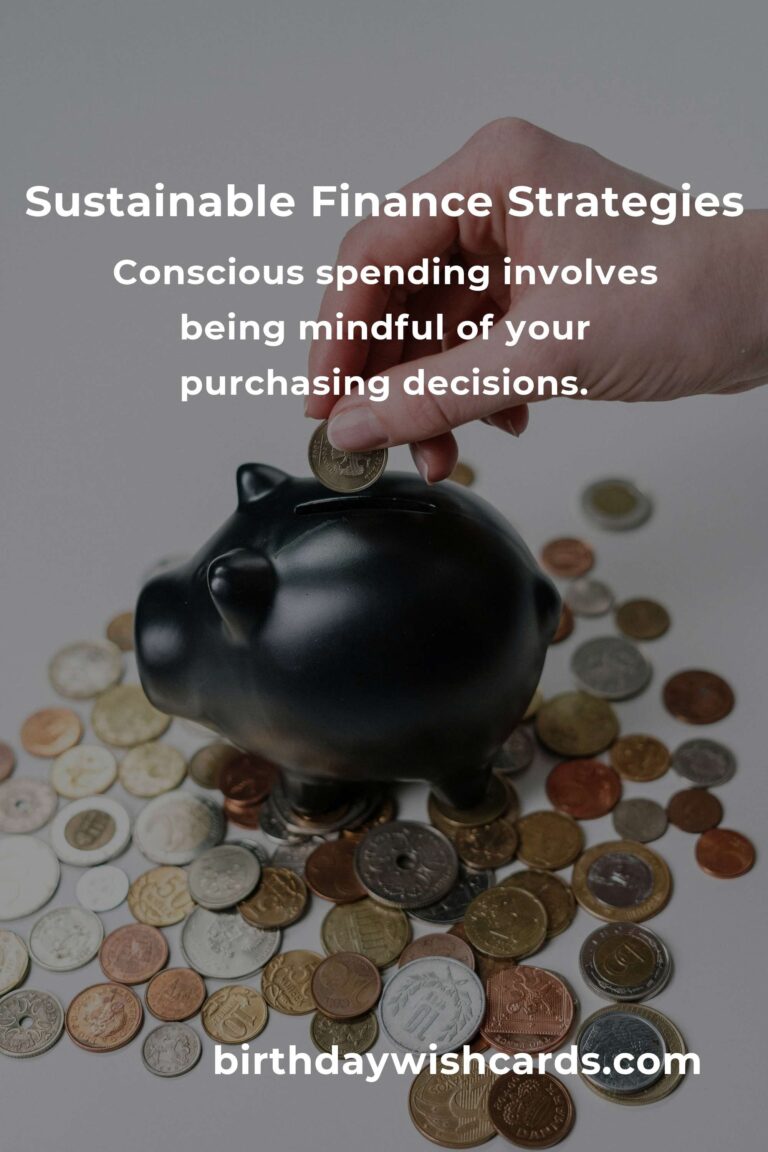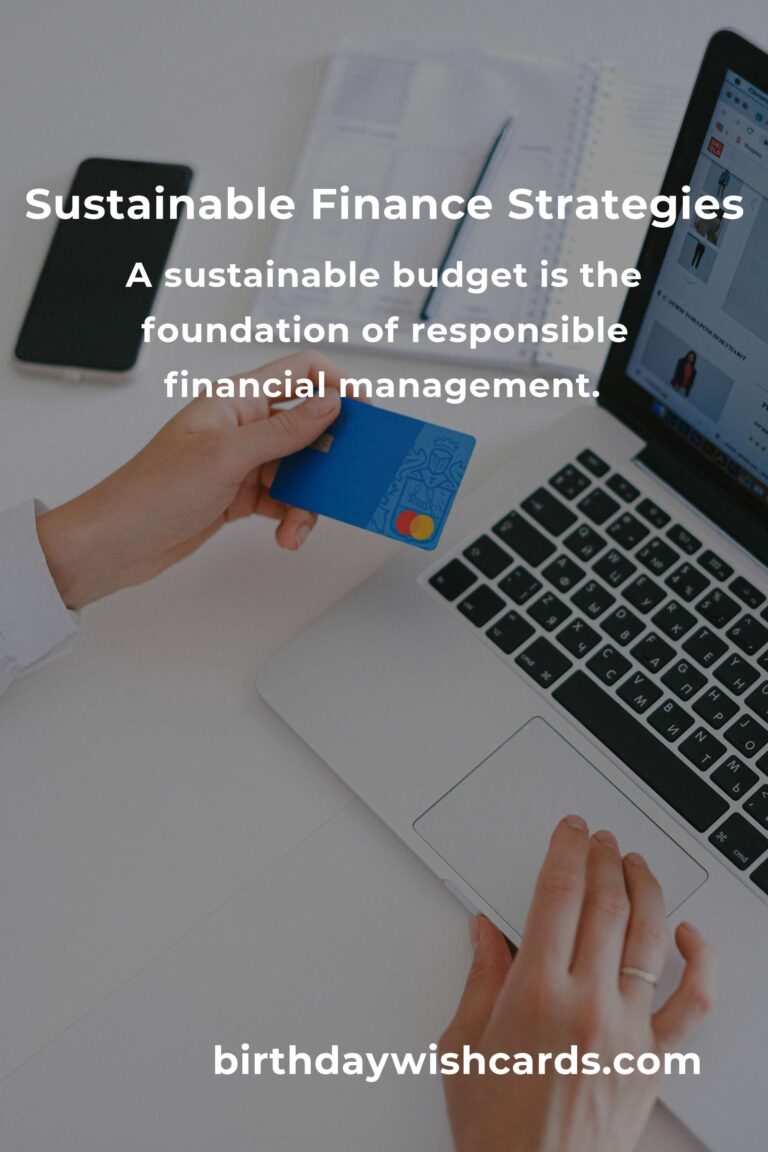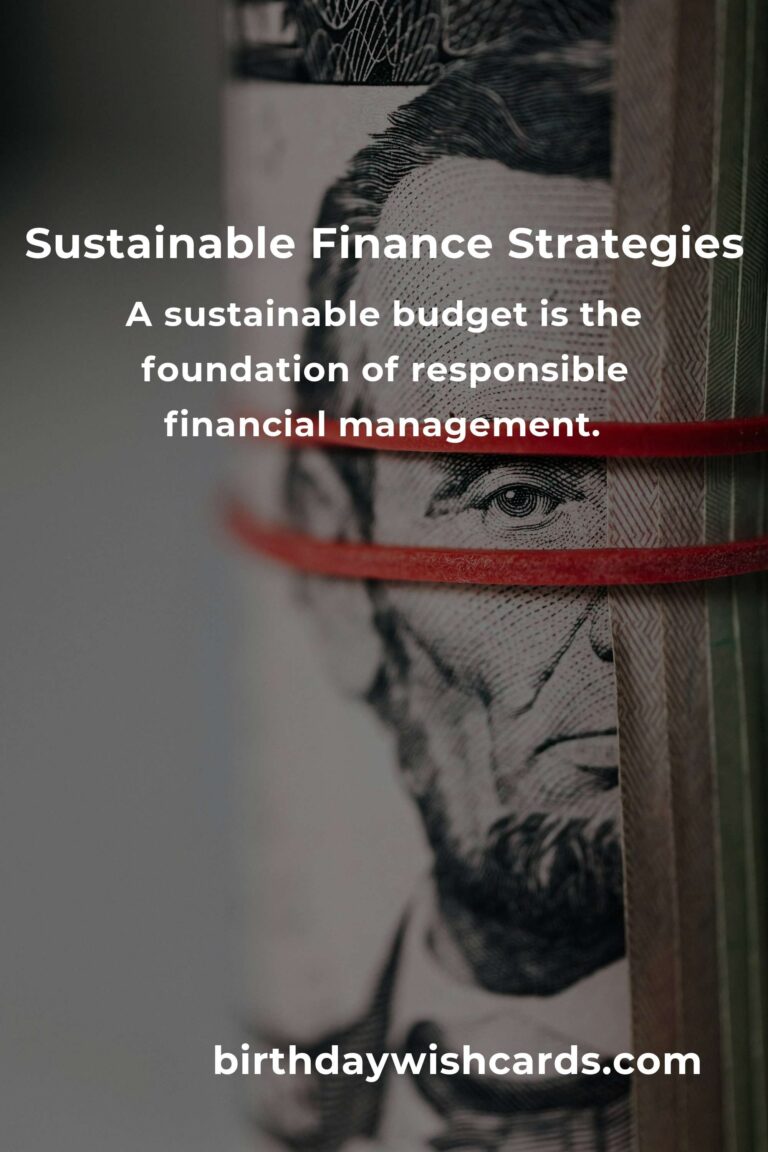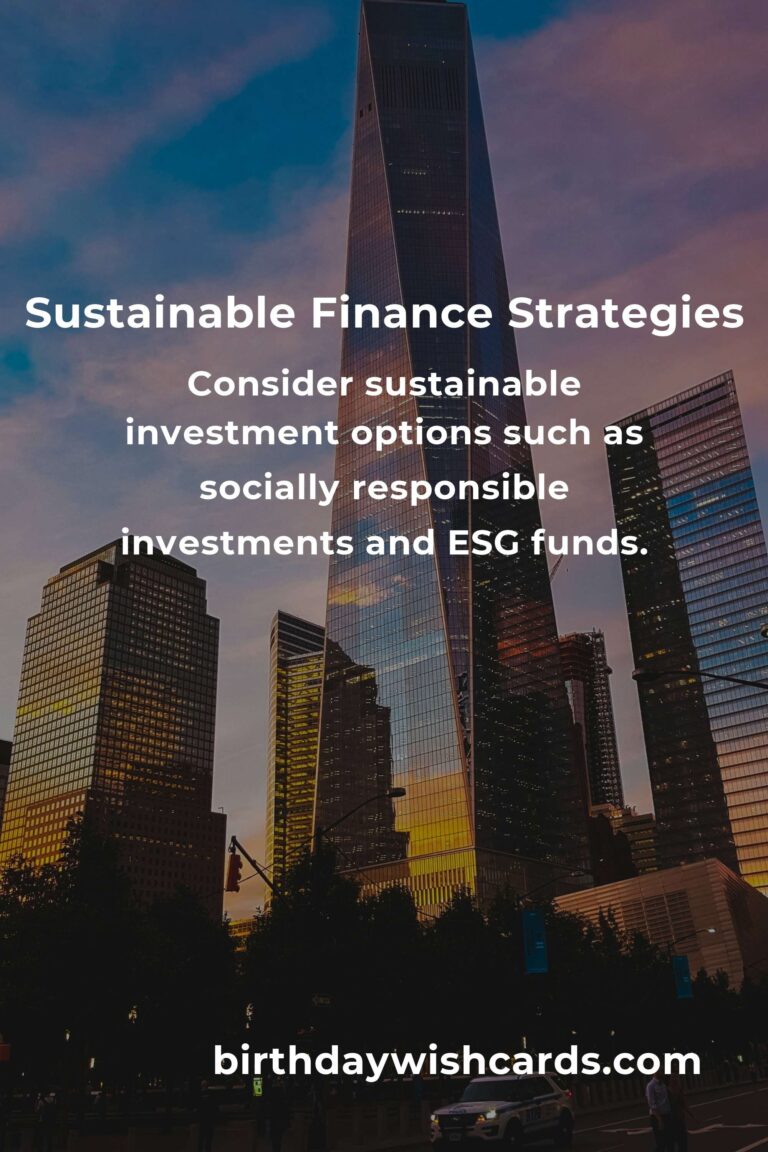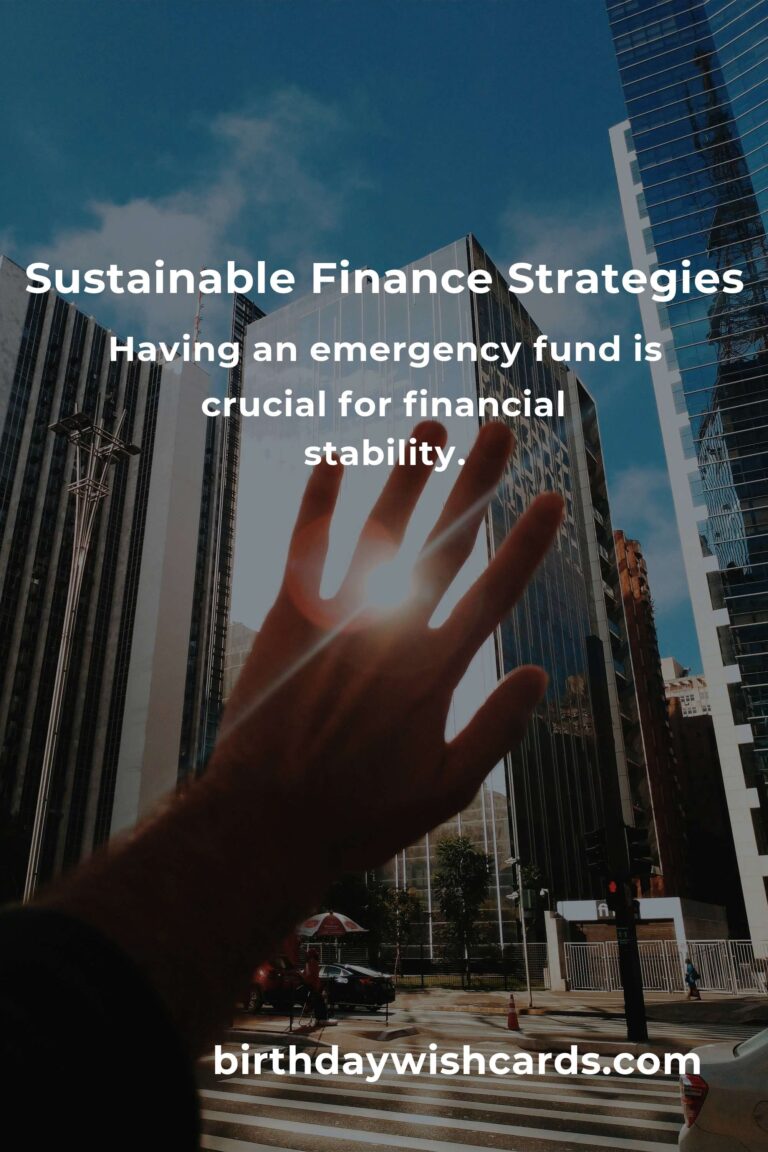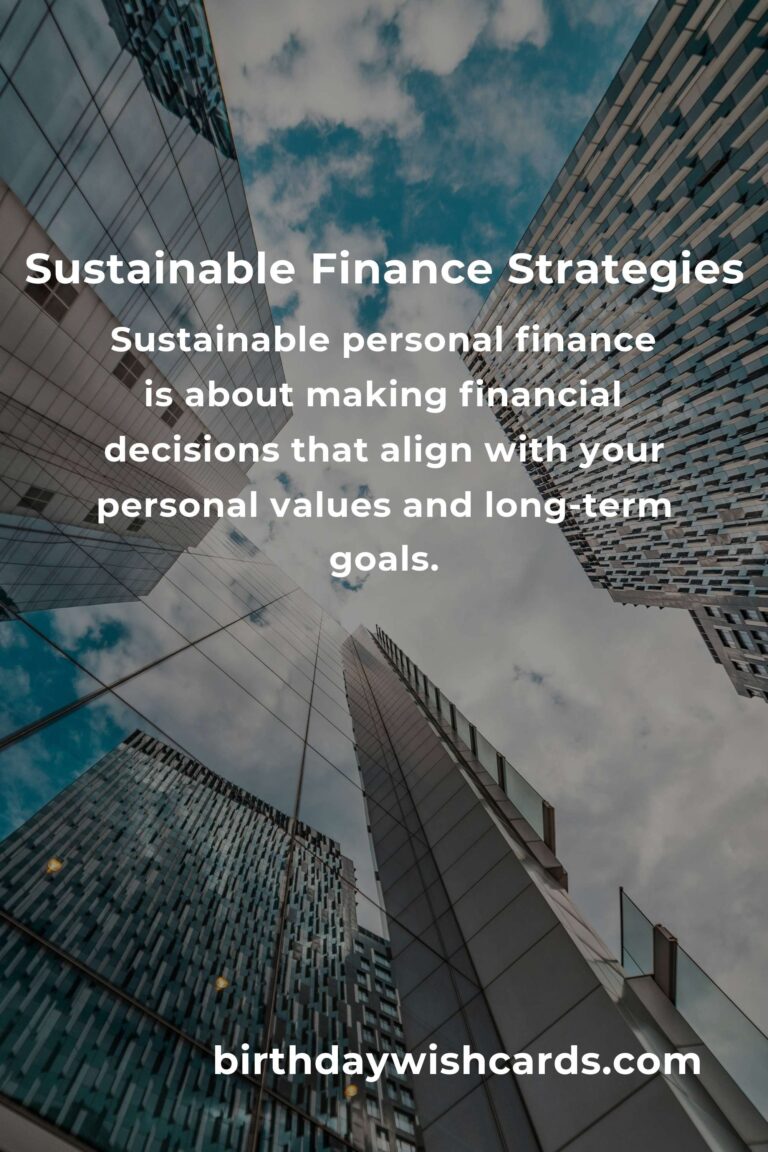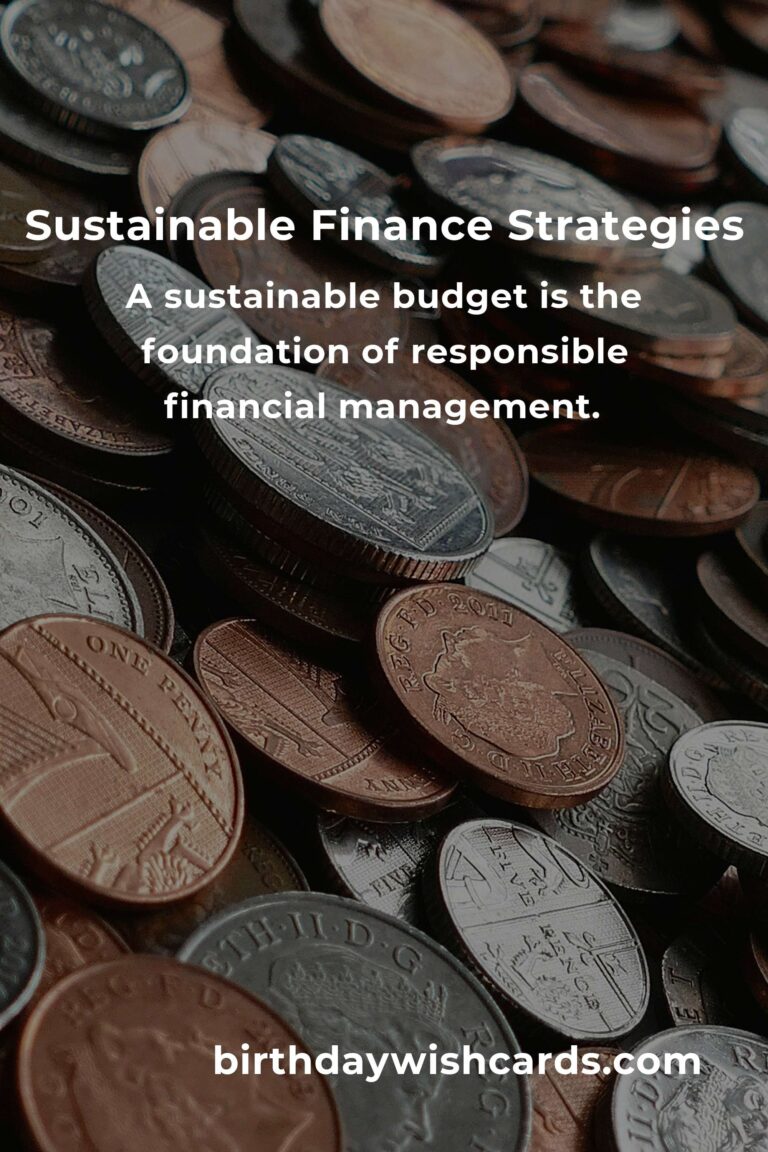
In today’s fast-paced world, managing personal finance sustainably is more important than ever. Sustainable personal finance not only helps individuals secure their financial future but also contributes positively to the environment and society. This beginner’s guide is designed to introduce you to the concept of sustainable personal finance, offering practical tips and strategies to get started on your journey.
Understanding Sustainable Personal Finance
Sustainable personal finance is about making financial decisions that align with your personal values and long-term goals while considering the impact on the environment and society. It involves a holistic approach to managing money, ensuring that your spending, saving, and investing habits contribute to a better future.
Creating a Sustainable Budget
A sustainable budget is the foundation of responsible financial management. Begin by tracking your income and expenses to identify areas where you can cut back. Prioritize essential expenses such as housing, food, and utilities, and allocate funds for savings and investments. Consider incorporating eco-friendly spending habits, such as buying local products and reducing waste.
Building an Emergency Fund
Having an emergency fund is crucial for financial stability. Aim to save at least three to six months’ worth of living expenses in a separate account. This fund will provide a safety net during unforeseen circumstances, reducing the need to rely on high-interest debt.
Investing with a Conscience
When it comes to investing, consider sustainable options such as socially responsible investments (SRIs) and environmental, social, and governance (ESG) funds. These investment vehicles focus on companies that prioritize ethical practices, environmental sustainability, and social responsibility.
Reducing Debt Sustainably
Managing debt is a crucial aspect of sustainable personal finance. Prioritize paying off high-interest debts first, while maintaining minimum payments on others. Consider strategies like the debt snowball or avalanche methods, and explore debt consolidation options if needed.
Making Conscious Spending Choices
Conscious spending involves being mindful of your purchasing decisions. Support businesses and products that align with your values, such as fair trade and sustainably sourced goods. Additionally, opt for experiences over material goods, which often provide more lasting satisfaction.
Educating Yourself and Staying Informed
Continuously educating yourself about personal finance and sustainability is key to making informed decisions. Read books, attend workshops, and engage with online resources dedicated to sustainable finance. Staying informed will empower you to adapt your financial strategies as needed.
The Benefits of Sustainable Personal Finance
Embracing sustainable personal finance offers numerous benefits. It promotes financial security, reduces environmental impact, and supports ethical practices in business. Additionally, it fosters a sense of personal fulfillment and responsibility towards future generations.
Conclusion
Embarking on a journey towards sustainable personal finance is a rewarding endeavor that requires commitment and mindfulness. By adopting sustainable financial practices, you not only improve your financial well-being but also contribute to a more sustainable and equitable world. Start small, stay consistent, and watch as your efforts lead to positive change.
Sustainable personal finance is about making financial decisions that align with your personal values and long-term goals. A sustainable budget is the foundation of responsible financial management. Having an emergency fund is crucial for financial stability. Consider sustainable investment options such as socially responsible investments and ESG funds. Conscious spending involves being mindful of your purchasing decisions. Embracing sustainable personal finance promotes financial security and reduces environmental impact.
#PersonalFinance #Sustainability #FinancialStability #EcoFriendly #Investing



